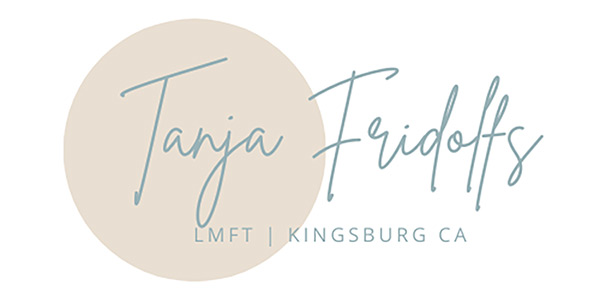Each couple that comes into my office is unique and has unique issues. However, there are several things that I almost always share with every couple at some point in our sessions. These are some of the things I believe that all couples can benefit from and many couples struggle with. Here they are:
Focus on listening and understanding more than making your own point.
It is our nature to want to defend ourselves, to make our point, to make the other person understand. “If they just understood, they would come over to my side!” The problem is that when we are so focused on making our point, we are not trying to understand the other who also so desperately wants to make their point. The other person is the one you love, the one you want to have a good relationship with. We get caught up in feeling unheard and misunderstood. In that hurt, we end up not hearing and not understanding.
When you are having a disagreement, or argument, or passionate debate, or full on fight (what ever it looks like in your relationship), SLOW DOWN. Listen to your partner and try to understand what they are saying. This will take you so much further than listening to what he or she says says for a few seconds then assuming you know the rest of what they are going to say. Often at this point, you stop listening and focus on formulation your response. You only heard a small part of what your partner was saying.
Slow down. Listen. Repeat back and ask questions until you understand. After you understand what your partner is saying and your partner believes you understand, you can formulate your response. It’s ok to take a minute to think about what you want to say. You take the turn to share your heart, your hurt, your ideas and it’s your partner’s turn to listen, ask questions and clarify until they understand you. Make the goal of your discussions mutual understanding. After you both understand, you will be amazed how much better you feel! Sometimes, you were both saying pretty much the same thing! Even if you are completly opposite, you are in a much better place to discuss and compromise. All of this must be done respectfully.
Assume the best.
So often your partner does something or says something that is not intended for harm, maybe even intened for good, but we assume the worst insted of the best. Let’s say you’ve been having a hard time lately and one day your husband comes home from work with flowers or your wife comes home from work with your favorite take out. What do you think? Do you assume an alterier motive or maybe comment about why they don’t do it enough or are just starting now. When a partner brings home dinner or flowers or so many other things, why not be thankful?
Maybe your partner is especially quiet one evening. The assumptions start, “My partner must be mad at me.”, “What a jerk, he/she doesn’t even want to talk to me after we’ve been apart all day.”, “My partner must be talking to someone else, so they don’t have the need to talk to me.” What about considering if they had a long day and are just tired, or maybe they had a big presentation or were on the phone all day and just don’t feel like talking. Maybe he or she is upset and is trying to figure out the right way to express it. Maybe it has nothing to do with you and they just need you to sit by them, or hug them or ask how they are doing… instead of getting mad and becoming silent and resentful yourself.
There are things our partners do to trigger past hurts. There are things they do that remind you of instances in the past when maybe he or she didn’t have the best intentions, but that does not mean that those things are always true. Again, the key is understanding. Until you know differently, assume the best. Assume they are trying to help you, encourage you, do something nice, or at least that they were not trying to do something negative. You can avoid hurt feelings and arguments in exchange for positive feelings and understanding, when you assume the best and try to understand.
Take responsibility for yourself.
When relationships are struggling, it’s easy to look at the other person and say, “it’s your fault” or “if you would just change_____, everything would be so much better.” This is easy. What is hard and needed is to turn your gaze to yourself and look at what you can do to make your relationship better. Sure, your spouse has things to work on, but you can’t make them change. He or she needs to decide to change. No amount of yelling, threatening or arguing can cause change.
Hopefully as you focus on your relationship and really look at yourself, your partner will begin to do the same. However, if you realize change is needed and are committed to making your relationship better, there is a lot you can do, without pointing fingers. It is just a question if you have the courage to honestly look at yourself and start making changes there.




0 Comments